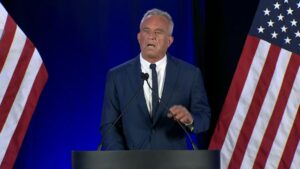Families of US soldiers killed by ISIS sue French firm Lafarge
ISTANBUL (AA) – Families of US soldiers who were killed by the ISIS have sued French cement giant Lafarge, which has pleaded guilty for supporting rebel groups in Syria.
In October, Lafarge was slapped with a fine of $778 million by a US court for supporting several violent groups in Syria in 2013-2014, including ISIS.
Lafarge’s “economic self-interest” enabled the group to kill civilians, including Americans, according to the lawsuit brought by the families of three US military personnel killed by ISIS.
“Defendants’ payments to and business partnership with ISIS provided ISIS the seed capital it needed to transform from a fledgling militia in the early 2010s into a brutal terroristic behemoth with the capability and intent to kill Americans,” the lawsuit said.
The lawsuit said Lafarge “aided and abetted” ISIS and the Al Nusra Front’s acts of international terrorism by knowingly providing substantial assistance, and by failing to safely close and evacuate the cement plant, thereby placing “tons of valuable cement and raw materials” in the hands of the two groups.
“Defendants knew that this material support was paid to foreign terrorist organizations and would be used to commit acts of international terrorism,” it added.
In the lawsuit, the family of Navy Chief Petty Officer Jason Finan of California, who was killed in 2016 by an IED in Iraq, expressed their suffering following their loss.
The widow and children of Navy Senior Petty Officer Scott Cooper Dayton, also killed in Syria by a mine laid by ISIS in 2016, were also among the plaintiffs.
Former Marine David Berry was also killed by ISIS in a 2015 attack in Libya. At the time, Berry was working for a private contractor.
Lafarge said the company and its defunct subsidiary Lafarge Cement Syria “accepted responsibility for the actions of the individual executives involved.”
Lafarge opened a $670 million cement plant in the Jalabiyeh region of northern Syria in 2010.
From 2013 to 2014, the company reportedly paid violent groups in Syria around $5.9 million.










